Finland participated in the Holocaust – Klaus Härö made a political film about the forced deportations of Jews
Never Alone, made on a big budget, tells the story of Abraham Stiller, who defended Jewish refugees in World War II Helsinki.
The armed fraternity between Finland and Germany in the Second World War is well known. A less well known fact is that Finland participated in the Holocaust by returning eight Jewish refugees and a number of prisoners of war to Germany.
– The film takes the side of peace, and that is extremely important in these times,” says Virtanen.
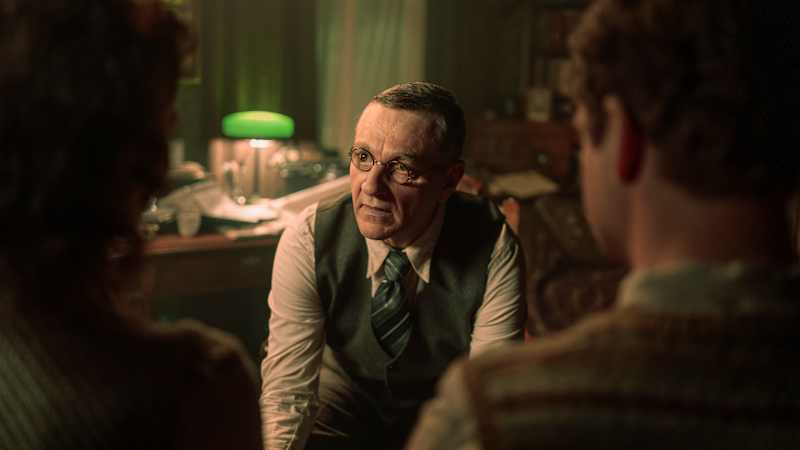
A humane and emotional film
– For a completely incomprehensible reason. In all these years, I have found no reason other than that someone wanted to put a feather in their cap and have a good stew with the Germans, the supposed winners,” says Härö.
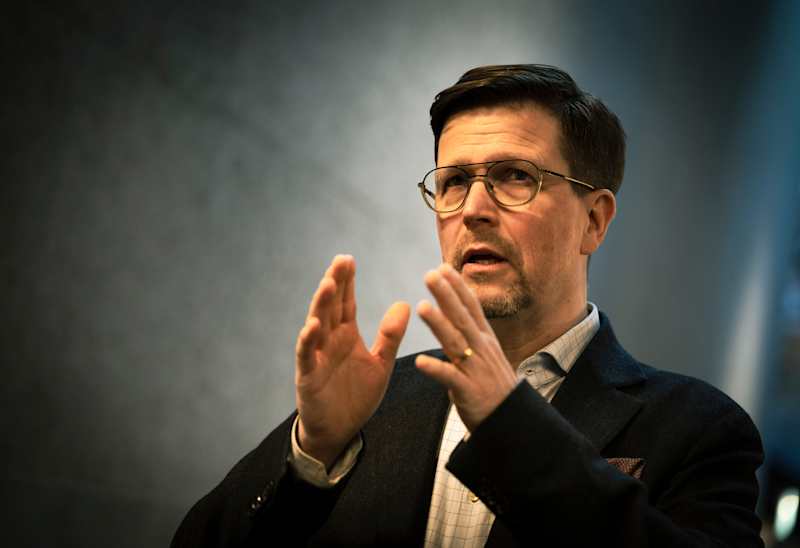
The thought that Finland was thus directly involved in the Holocaust remained disturbing.
The project progressed slowly while others were on vacation. Härö directed films in Finnish, Swedish and Estonian and became one of our most loved filmmakers of the 21st century.
\”Finland’s only auteur who makes a mainstream movie,\” sums up Ville Virtanen. In other words, in Finnish: an art filmmaker who also reaches large audiences. *My beloved sea captain* (2022) received more than 100,000 viewers in theaters, *The best of mothers* (2005) received more than 200,000 viewers.
In his films, Härö has jumped from one genre to another, but the red threads have been humanity and emotion. The readers of Helsingin Sanomat recently voted *Postia pappi Jaakobille (2009)* as the most touching Finnish film of the 2000s.
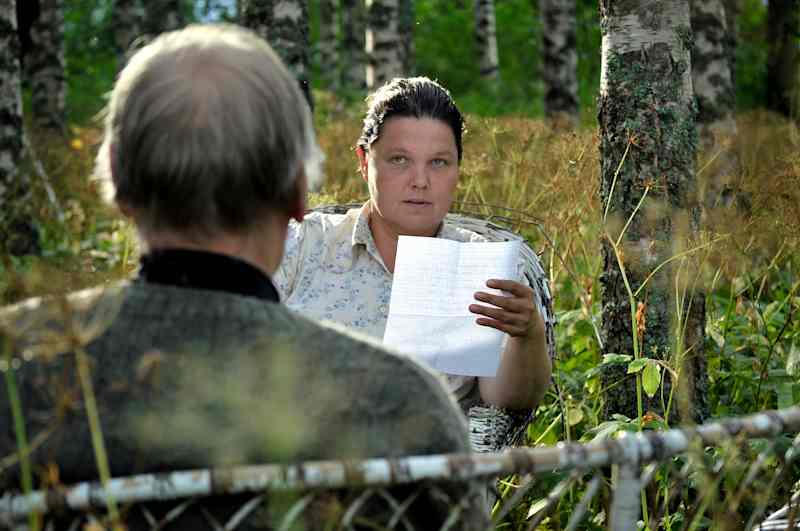
Often the protagonists of Härö wrestle under the yoke of a hostile system. In *A new person* (2007) he dealt with forced sterilizations by the Swedish state, *The Swordsman* (2015) told about a violinist who escaped from the KGB.
*Never Alone* is positioned as part of the same continuum. During the writing phase, Härö began to realize that he was making a political film. One that also tells about this day.
– Time after time, I or \\producer Ilkka Matila\\ opened the magazine, and there used exactly the same phrases about people as in the 1930s, for example, they talked about masses of people.
“Male genius died of metoheo”
– Yes, it is challenging to make an epic on a Finnish budget. If I hadn’t practiced with a couple of films, this wouldn’t have been done either, Härö admits.
The practice shows in how well the restrictions have been explored. Just enough of the 1930s Boulevard is shown to make it feel right. Other outdoor scenes take place mainly in dark alleys or in the wilderness of Lapland. We spend a lot of time in carefully staged interiors.
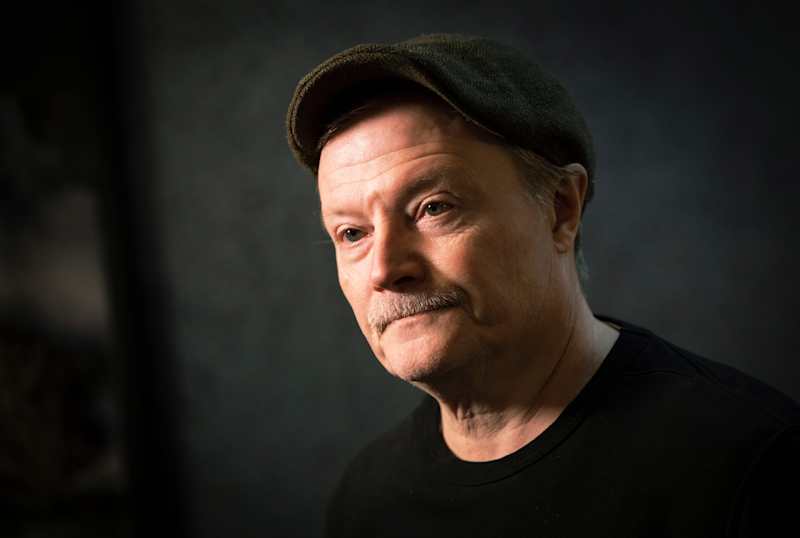
He refers to the framework, but also to Härö.
– He is a very good personal trainer. Very gently comes to say, what if you did this. Others would say really cruel.
*Never alone* is a film about peace, and peace can only be achieved through dialogue, says Ville Virtanen. There was also an emphasis on discussion and cooperation during filming.
Härö is Kieslowski, Virtanen says, and that’s fine. Everyone was seen and heard during filming.
Virtanen has previously criticized brutally controlling male geniuses, who think art sanctifies the means, and refused to work with them.
– I hope that the \”man genius\” died of meto.
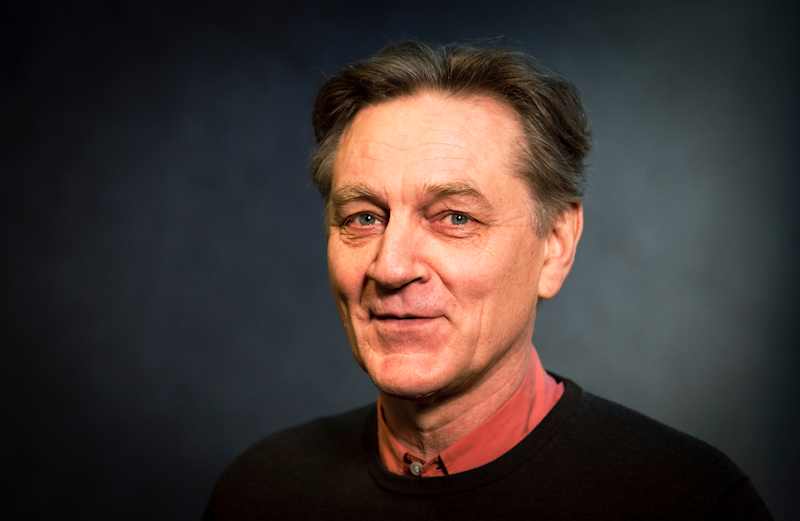
There is no place for love
During the filming of *Never Alone*, the terrorist organization Hamas attacked Israel. The attack triggered a new conflict that has killed more than 46,000 Palestinians and more than a thousand Israelis. According to the UN special committee, Israel is committing genocide.
The situation was talked about in the filming, because the Austrian members of the working group had family in Jerusalem. Ville Virtanen emphasizes that there is a lot of \”biodiversity\” in the opinions of both sides of the conflict. It is sometimes difficult to remember that in a polarized world.
There are little crises and divisions everywhere. History seems to repeat itself, and system-level change easily seems impossible.
Kari Hietalahti does not believe that humanity has learned anything from the horrors of the Second World War. In the days before the interview, there has been talk in Finland about the racism directed at the Lucia girl.
– Wars are going on everywhere, ethnic cleansing and others. There’s no place for love. Bad news after another. Nature takes revenge on man.
Ville Virtanen estimates that humanity is developing \”one step forward and six steps back\”.
– The times we live in are alarmingly reminiscent of 1938, before the wars. In these times, everyone needs to make it clear from their own point of view which side of history they stand on.
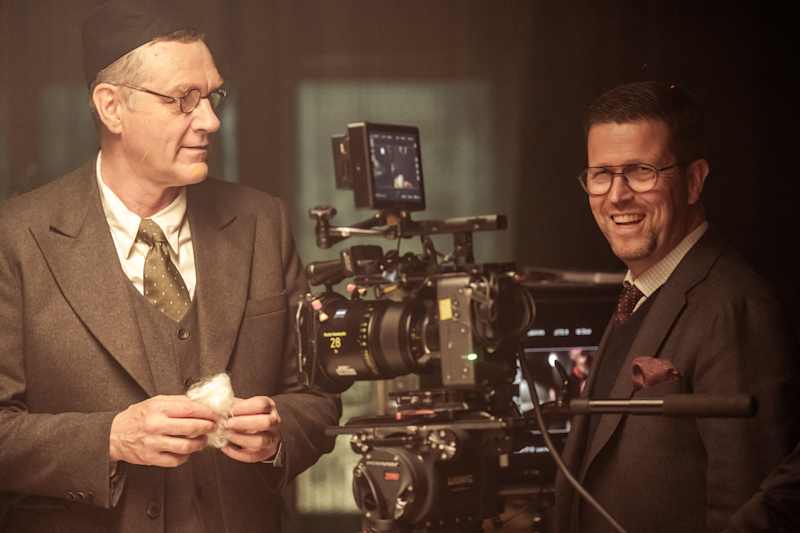
There must still be hope.
Virtanen has decided to believe that the actions of an individual person matter. Optimism is a choice, he says.
– We have to get to the individual people who make the decisions. Sometimes the mind changes. Sometimes the direction changes.
